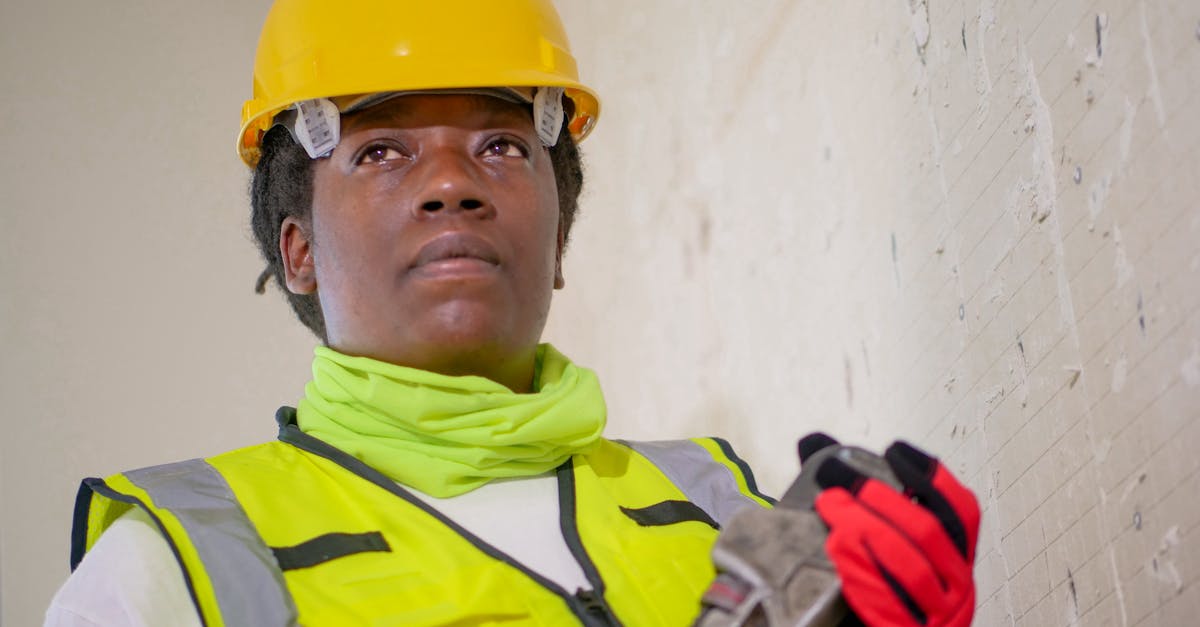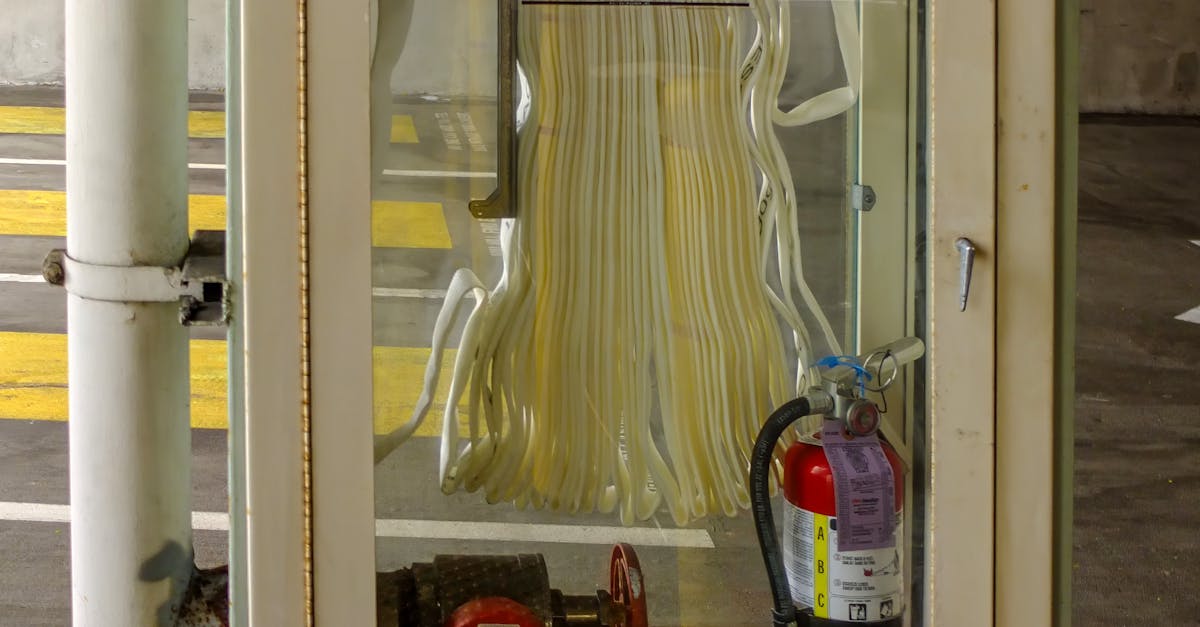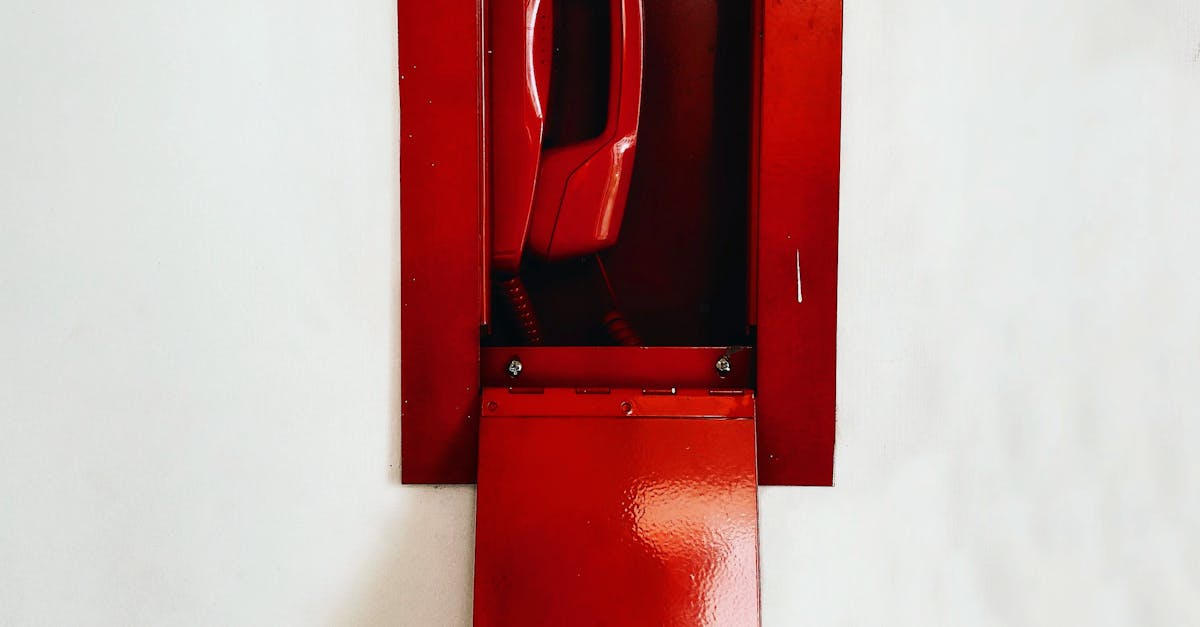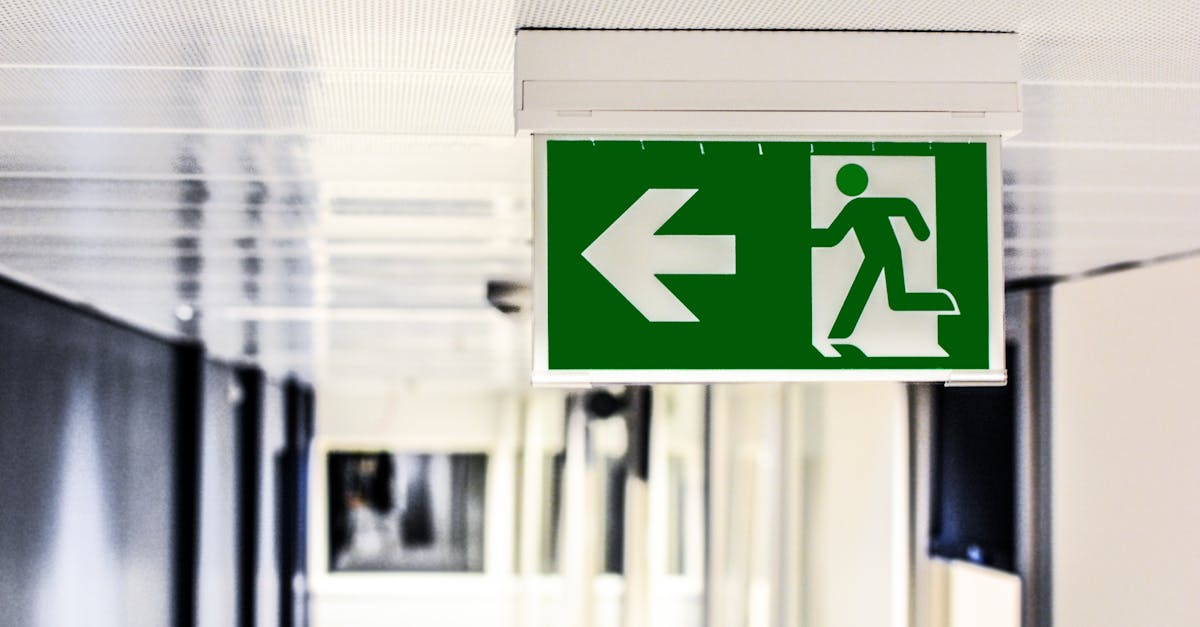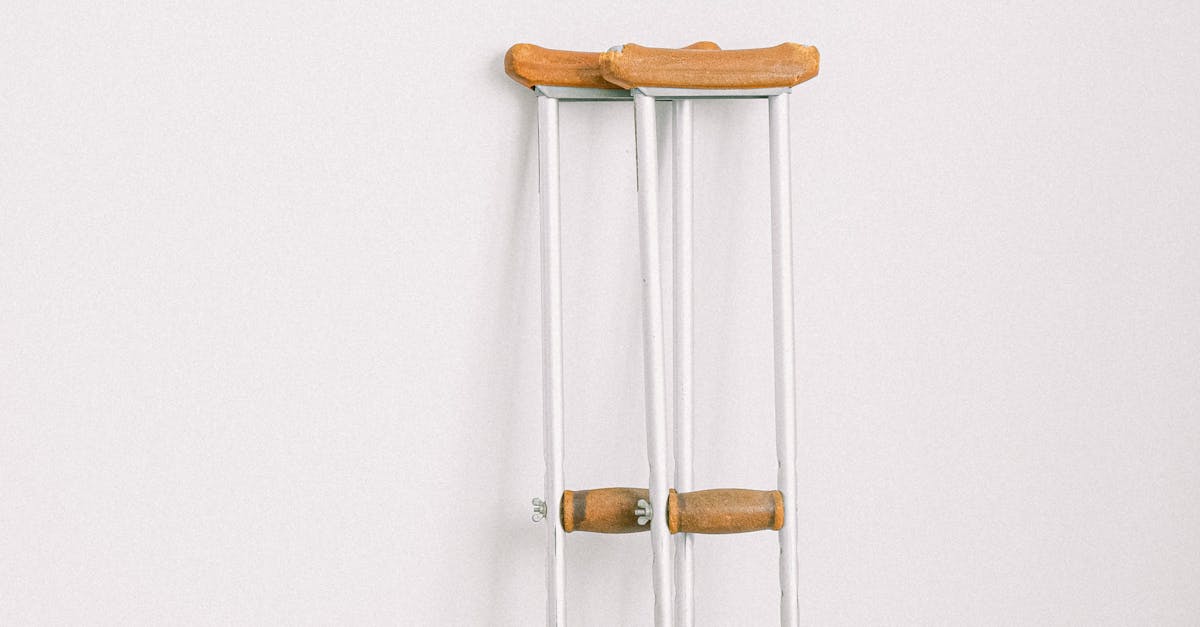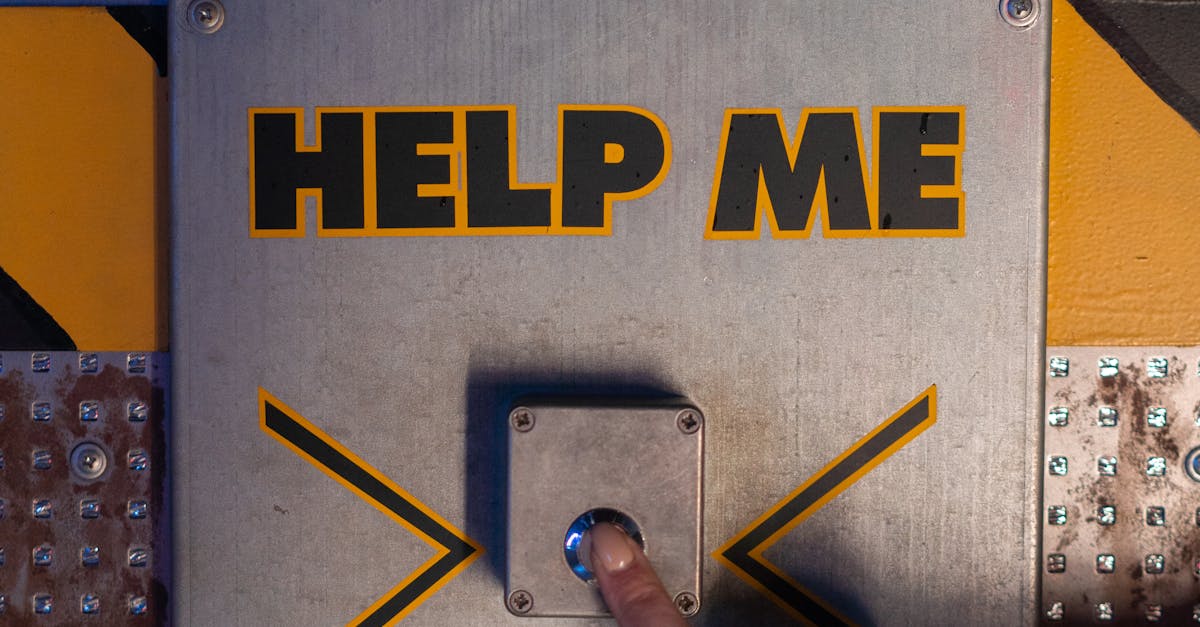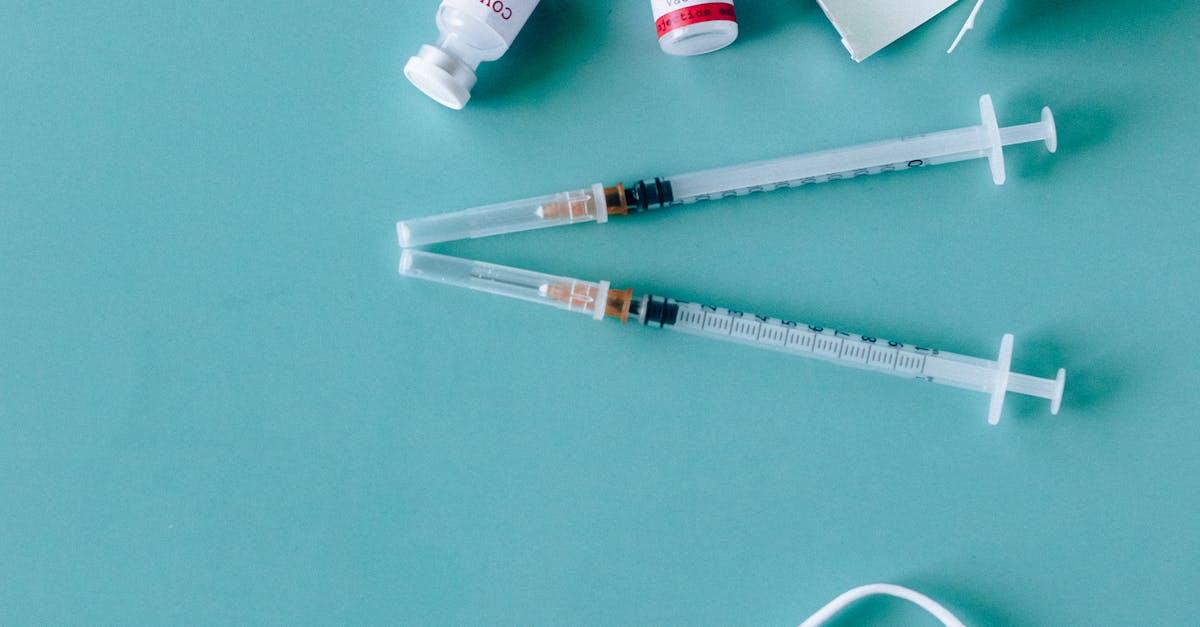
Table Of Contents
Preventing Drain Clogs
Preventing drain clogs is crucial for maintaining a smoothly functioning plumbing system. Regular maintenance practices can significantly reduce the chances of experiencing blockages. One effective method is implementing effective habits in the kitchen and bathroom. Avoid putting grease, hair, or food scraps down the drain. Hot water can help dissolve some oils and fats, but it’s best to avoid pouring them in the first place.
In addition to mindful habits, routine drain cleaning can help maintain water flow. Using a combination of vinegar and baking soda might seem like an appealing natural option, yet it often falls short in addressing serious clogs. Instead, consider using a plumber's snake or a wet/dry vacuum for more stubborn blockages. Regularly flushing drains with hot water or using a biological cleaner can also aid in preventing the build-up of waste and debris.
Best Practices for Drain Maintenance
Regular drain maintenance is crucial for preventing clogs and ensuring the optimal flow of water. Simple practices like using a drain strainer can catch food particles and hair, reducing the likelihood of blockages forming. Pouring boiling water down the drain once a week can also help to dissolve any buildup of grease or soap, keeping the pipes clear. Additionally, it’s wise to avoid flushing materials that do not dissolve easily, like paper towels or sanitary products, as these can lead to significant issues down the line.
For those looking to maintain their drains effectively, consider incorporating natural methods into your routine. Baking soda and vinegar serve as popular alternatives for chemical drain cleaning, but their effectiveness can be variable depending on the nature of the blockage. Instead, using a mixture of baking soda followed by hot water may work better for minor clogs. Biodegradable enzymatic cleaners can also help break down organic matter without harming your plumbing or the environment, offering a responsible choice for regular drain cleaning.
Signs That Your Drain Needs Attention
Recognising signs that your drain needs attention can save you from more significant issues down the line. If you notice slow drainage or gurgling noises from the pipes, it may indicate that something is blocking the flow. Frequent backups and unpleasant odours are also red flags that your drainage system requires prompt inspection. Regular drain cleaning can help to prevent these problems from escalating.
Another sign of trouble is if water pools around your sink or bath. This can suggest a clog that needs immediate attention. Additionally, if you observe any unusual bubbling in the toilet, it might mean that the drain is compromised. Ignoring these symptoms can lead to more extensive damage, making timely drain cleaning an essential part of home maintenance.
Recognising Warning Signals
Recognising the warning signals of a potential drain issue is crucial for maintaining a healthy plumbing system. A slow-draining sink or a gurgling noise coming from the pipes can indicate that there is a buildup of debris or a blockage. If you notice unpleasant odours emanating from your drains, it may be a sign that food scraps, grease, or other materials are decomposing within the pipes. Regular drain cleaning can help prevent these issues from arising and keep your plumbing system functioning smoothly.
Frequent backlogs or water pooling in your sink or bathtub are also clear indicators that something needs immediate attention. Drains that frequently clog can indicate larger problems within the plumbing system. Even minor issues can cause long-term damage if not addressed promptly. Taking proactive measures, such as professional drain cleaning or employing natural solutions, can save you time and money while ensuring your drains remain clear and efficient.
Environmental Impact of Drain Cleaning Products
The environmental impact of drain cleaning products is a growing concern for many. Traditional chemical cleaners often contain harsh substances that can harm aquatic life and disrupt ecosystems when they enter waterways. These chemicals can potentially lead to long-term pollution challenges, affecting both flora and fauna in our natural surroundings.
In contrast, natural alternatives such as baking soda and vinegar are generally considered safer for the environment. While they may not always provide the same level of effectiveness as their chemical counterparts, they do minimise the risk of harmful runoff. Opting for biodegradable or non-toxic drain cleaning options not only promotes a healthier environment but also supports sustainable practices within households.
Comparing Natural and Chemical Solutions
The debate between natural and chemical solutions for drain cleaning remains a significant topic for homeowners. Natural options like baking soda and vinegar are often praised for their eco-friendliness and low cost. Many believe using these household staples is sufficient for maintaining clear drains. However, their effectiveness can vary depending on the severity of the clog. In some cases, these methods may simply provide a temporary relief rather than a permanent fix.
On the other hand, chemical drain cleaning products are formulated to tackle tougher blockages. They contain potent ingredients designed to dissolve organic materials quickly. While these chemicals can be highly effective, they also pose environmental risks and potential harm to plumbing systems if misused. Consequently, balancing the benefits of effectiveness against environmental impact becomes crucial in choosing the right approach to drain cleaning.
FAQS
Why doesn’t baking soda and vinegar effectively clear drains?
While baking soda and vinegar can create a fizzy reaction that might dislodge minor debris, they often lack the strength to remove tougher clogs, especially those caused by grease, hair, or other solid materials.
Are there any situations where baking soda and vinegar might help with drains?
Yes, in cases of minor build-up or slow drainage, the combination can help by breaking down some organic matter. However, for more significant clogs, it is usually not effective.
What are some alternative methods for unclogging drains?
For more stubborn clogs, consider using a plunger, a plumber's snake, or a wet/dry vacuum. Chemical drain cleaners or professional plumbing services may also be necessary for severe blockages.
Can using baking soda and vinegar harm my plumbing?
Generally, using baking soda and vinegar is safe for most plumbing systems. However, repeated use or overuse may lead to corrosion in certain types of pipes, especially if combined with other chemical cleaners.
What are better long-term solutions for drain maintenance?
Regular maintenance practices, such as using drain strainers, disposing of grease properly, and periodically cleaning drains with hot water and mild detergents, can help prevent clogs and keep your plumbing in good condition.
